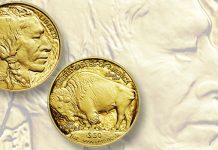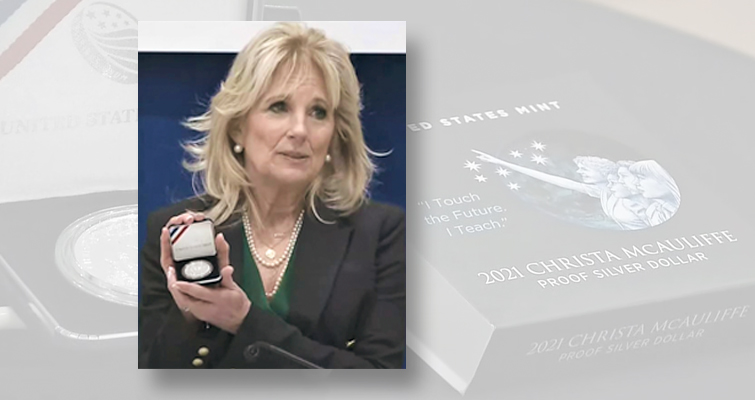Polymarket has recently come under fire for allegedly engaging in wash trading, a form of market manipulation that is illegal in traditional finance. This type of manipulation involves the same person acting as both the buyer and seller in a trade, creating a false impression of demand and pricing for assets. The accusations were brought to light by analyses conducted by blockchain sleuthing firms, as reported by Fortune.
According to the article, Chaos Labs concluded that approximately one-third of trading volume on Polymarket’s presidential market was likely due to wash trading. Another firm, Inca Digital, found that a significant portion of the market’s volume could also be attributed to potential wash trading. This practice is explicitly banned in traditional finance because it distorts the true market demand and pricing.
In response to these allegations, a Polymarket spokesperson emphasized that the platform is transparent, with all transactions being publicly available. The company’s terms of service strictly prohibit market manipulation, and the spokesperson noted that having a single trader taking positions on both sides of a market is not unique to Polymarket.
The Fortune article also suggested that the alleged wash trades on Polymarket might be linked to the platform’s potential issuance of its own token. Wash trading in the crypto space is sometimes done to qualify for token giveaways to active users, a practice known as “airdrop farming.” This could be a more plausible motivation for such activity rather than attempting to influence political outcomes.
Prominent crypto investor Nic Carter pointed out that airdrop farming might be a driving force behind the suspected wash trading on Polymarket, rather than political manipulation. It’s worth noting that Polymarket currently does not charge trading fees, which could deter repeated buying and selling.
Market expert Flip Pidot, who closely monitors activity on Polymarket, expressed skepticism about the claims of wash trading without firsthand evidence from the blockchain analytics firms. He also clarified that quoting volume in prediction markets based on notional value, as Polymarket does, is a common practice.
It’s important to distinguish the recent allegations of wash trading on Polymarket from previous reports of a “whale” trader attempting to influence the platform’s odds on the U.S. presidential election. While Polymarket confirmed that some accounts with large bullish positions on Trump belong to the same individual, market observers believe that the trading patterns were strategic rather than aimed at inflating prices.
In conclusion, the accusations of wash trading on Polymarket highlight the challenges of maintaining market integrity in the cryptocurrency space. As the industry continues to evolve, ensuring transparency and preventing manipulation will be crucial for building trust among participants.














